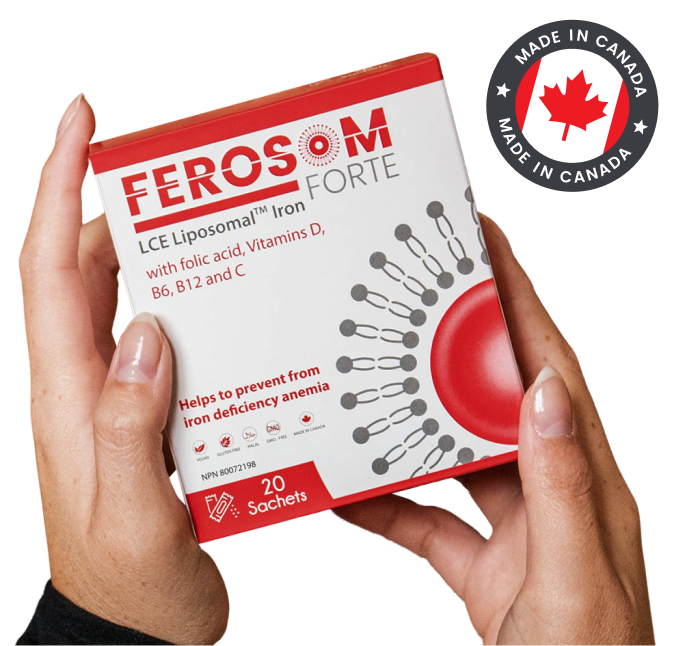

Everyone needs to get the right amount of iron, and especially those who have gone through major surgery. According to the University of Rochester Medical Center, anemia (low iron) is a condition that can often result after bariatric surgery.
Why does this happen? There are a number of reasons. You may now have difficulty digesting red meat, which is often a major source of iron in someone’s diet. Part of this is because bariatric surgery can reduce the amount of acids present in your stomach responsible for breaking down food. When this happens, you can experience nutrition-related anemia.
In addition, bariatric surgery results in your intestines being rerouted to bypass your duodenum and your upper jejunum. This can potentially present a problem (but it is fixable). These parts of your small intestines are where most of your iron is absorbed from your food. Consequently, following surgery, it may be difficult for your body to get enough iron from your diet.

If you suffer from ulcers, or if you have a vitamin or mineral imbalance that results in you not getting enough folic acid or vitamin B-12, this can also affect your iron stores.
The good news, (yes, there is some), is that taking an iron supplement such as Ferosom Forte can greatly improve your odds of getting enough daily iron. Ferosom Forte is the only oral iron proven to be as effective as intravenous iron therapy at raising your iron levels.
In addition, our supplement is not affected by proton pump inhibitors (PPI) unlike other iron supplements, and our clinically proven Ferosom Forte LCE Coat allows the supplement to pass through your gastric environment for an 80%-90% absorption rate directly in your intestine.
No constipation, stomach pain, or other common problems. Just you enjoying your new self.






